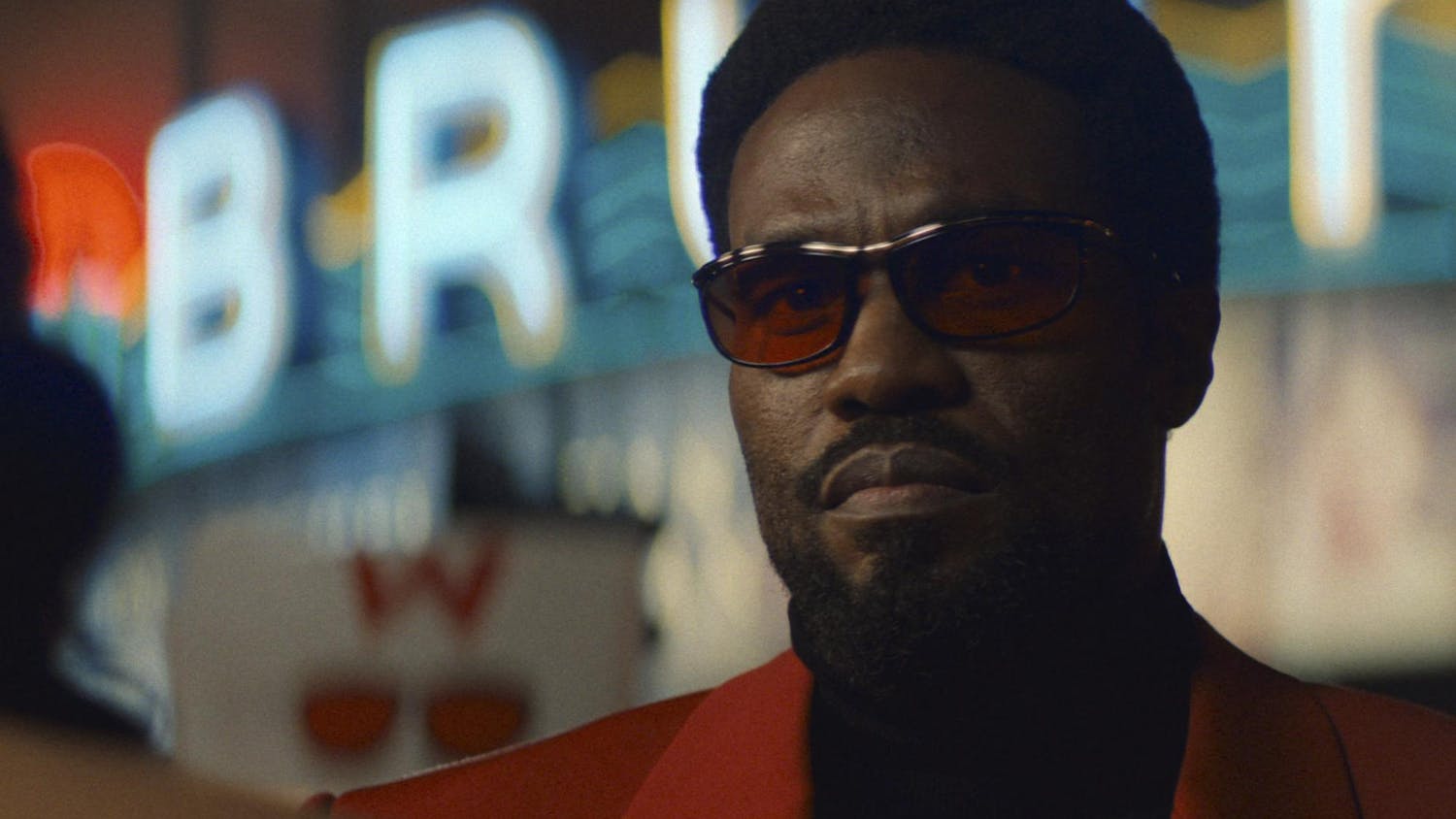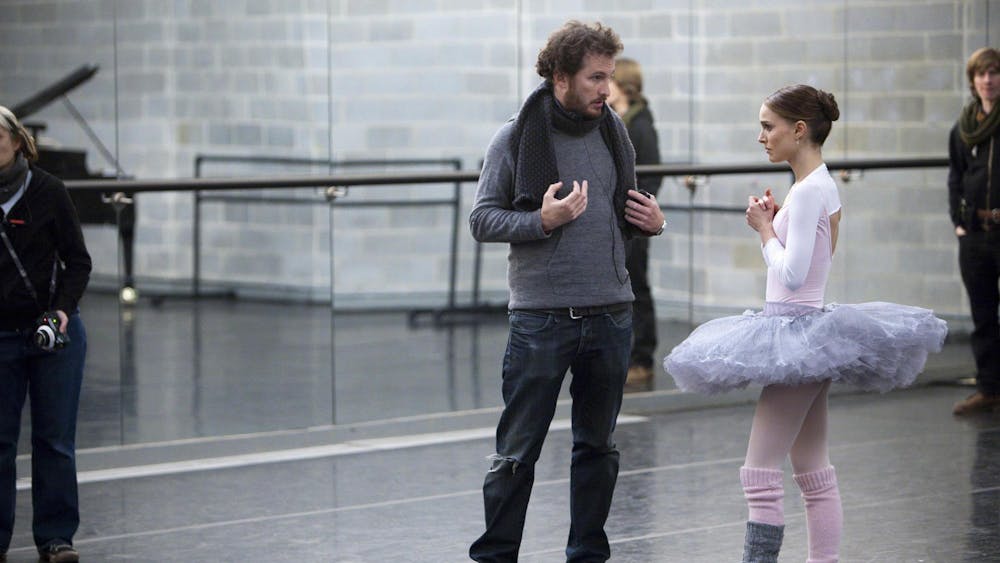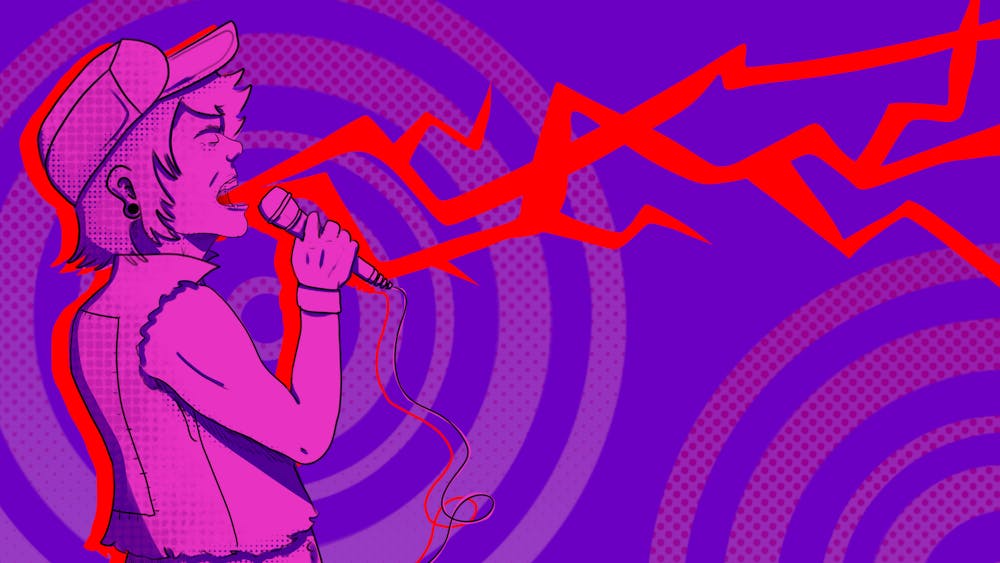If the editors of a literary magazine hoping to emphasize their efforts to publish diverse writers were to describe third-year master of fine arts candidate in poetry Yael Massen, they’d be sure to specify that she is a Persian-Israeli American woman, and they’d probably also mention that she’s Jewish.
Critical reception of her work would likely focus on the same details because contemporary audiences are deeply concerned with artists’ identifications with social categories and the ways that experiences related to those identifications inform their art.
While it is certainly important to acknowledge and respect these experiences, it is equally important not to allow such information to eclipse the content of an individual artist’s character or the elements of her style. Minority writers should not feel they have to discuss the challenges of their social experiences in order to get published.
On the distinction between her race and her holistic sense of self, Massen said, “I’m trying to write what I don’t see in representation, so I try to incorporate my identity into my work, but I also don’t want to feel that I’m fixated on it because there are other aspects of my identity that are just as important.”
In conversations with other writers in similar social positions, Massen has found a consensus about the most likely avenue to publication: write about your struggles. When publishing minority writers, the track record of literary magazines and the publishing world more broadly shows a preference for work that deals with the otherness and social burdens of the authors.
It’s enough to make her wonder about her previous success and future direction.
“If I’m writing about my identity and how it’s different, would I be tokenized and get my work picked up?” she said.
The balance between creating work that offers better representation of groups with which she identifies while still allowing herself the creative freedom to write in a way that doesn’t limit her to discussing struggle is a hard one to strike. And the pressure that editors and the reading public put on minority writers to strike that balance places unnecessary limits on artistic expression.
If you read Massen’s poetry, you might be tempted to frame her work as the product of a Jewish woman or a woman of color. And while those aspects of her life do appear in her writing, you shouldn’t only expect her to discuss those subjects because it stifles her potential as a poet and detracts from the fullness of her existence as an individual.
When asked about what she felt publishers should do to address these harmful limitations, Massen stressed a priority for authenticity.
“If you’re looking to publish diverse writers, you also need to publish their diverse experiences and modes of writing,” Massen said. “It can’t just be what you think fits that one way of representing.”
We expect minority authors to address the specifics of their social experience rather than the universals of the human experience, but they should feel free to discuss either without fear that they won’t be published.
If we want to call ourselves a society that values diversity, we need to be more open-minded about what that diversity looks like.
mareklei@umail.iu.edu





